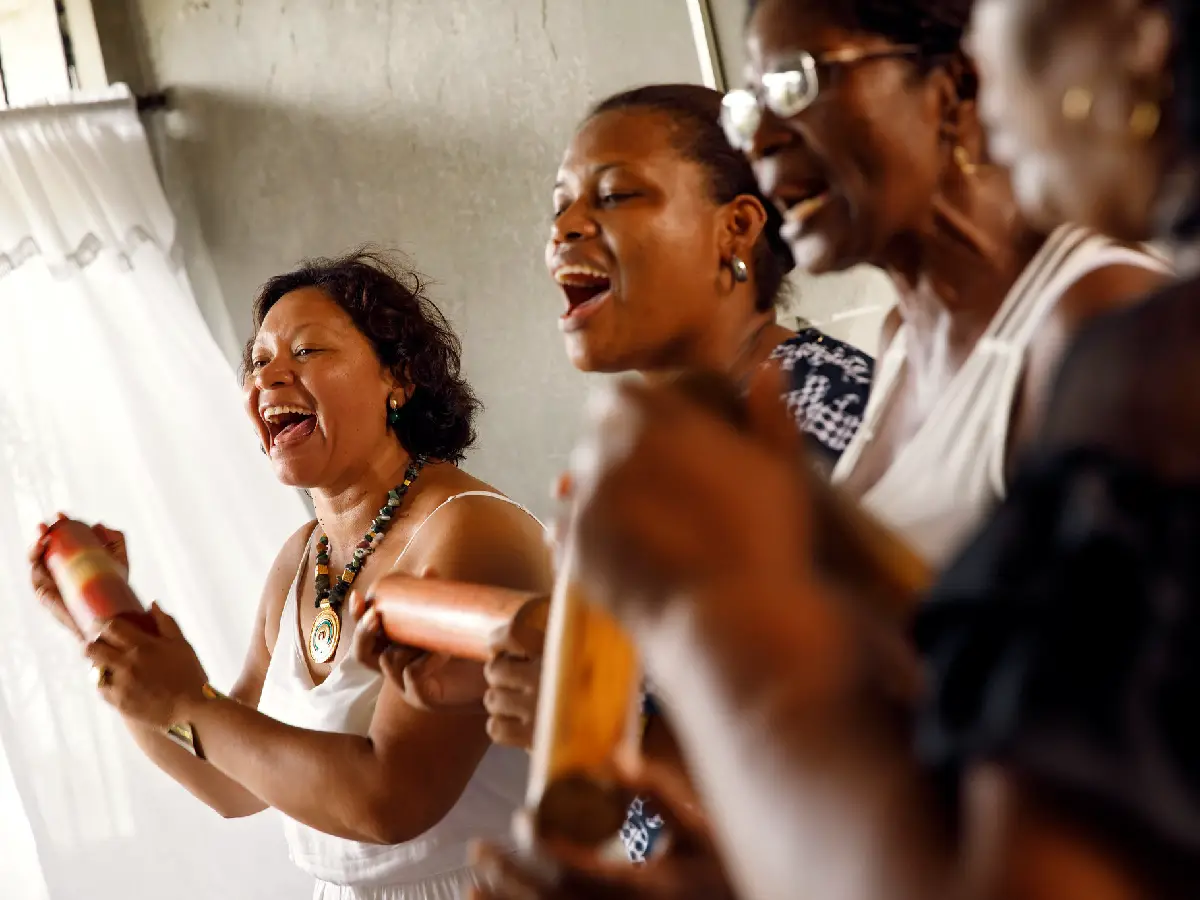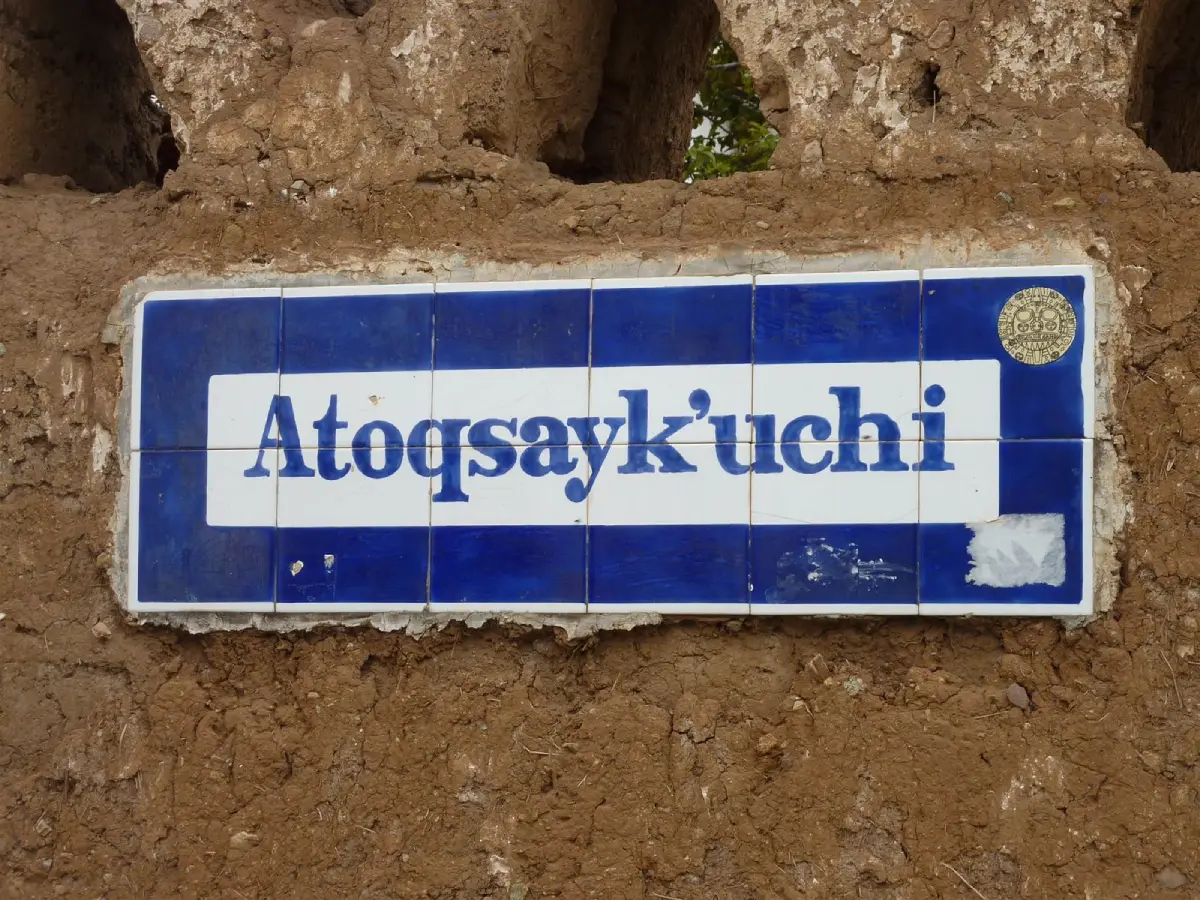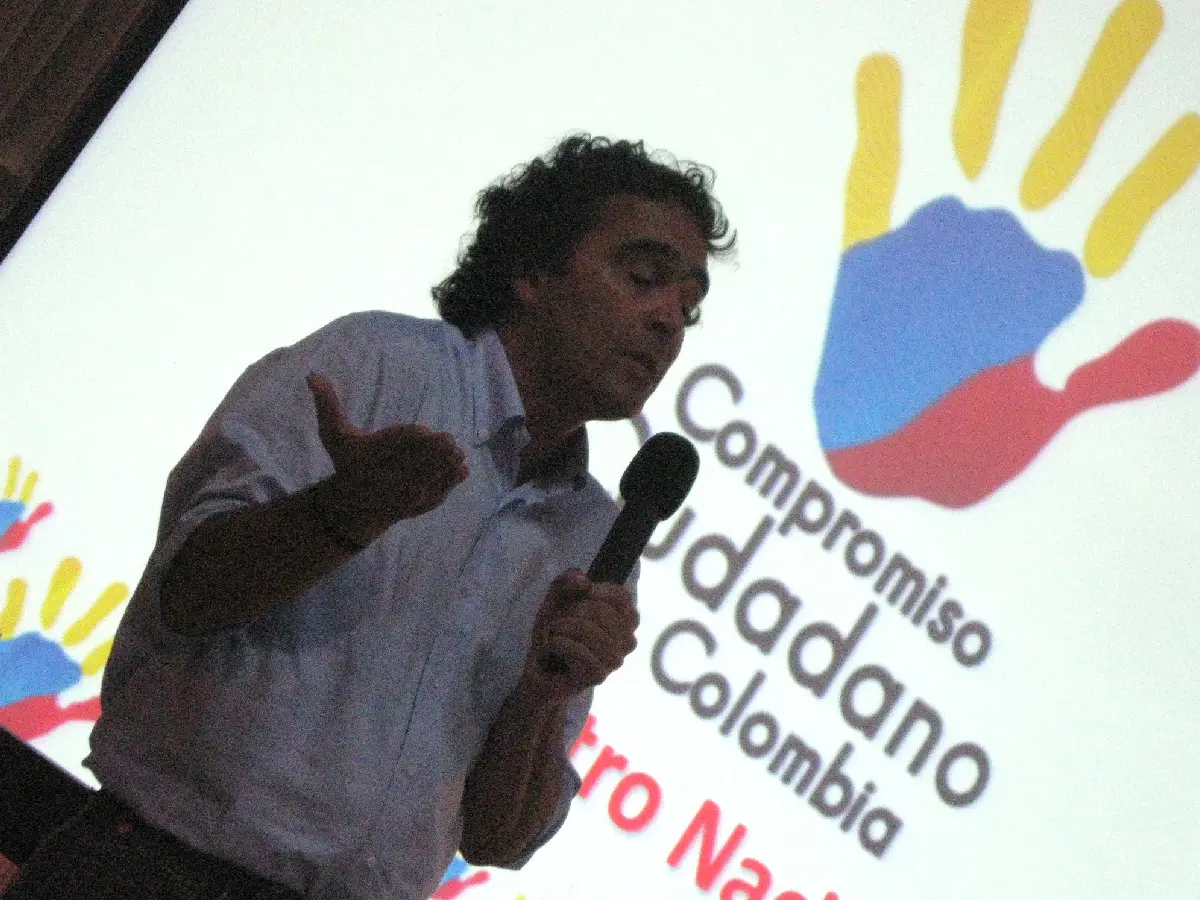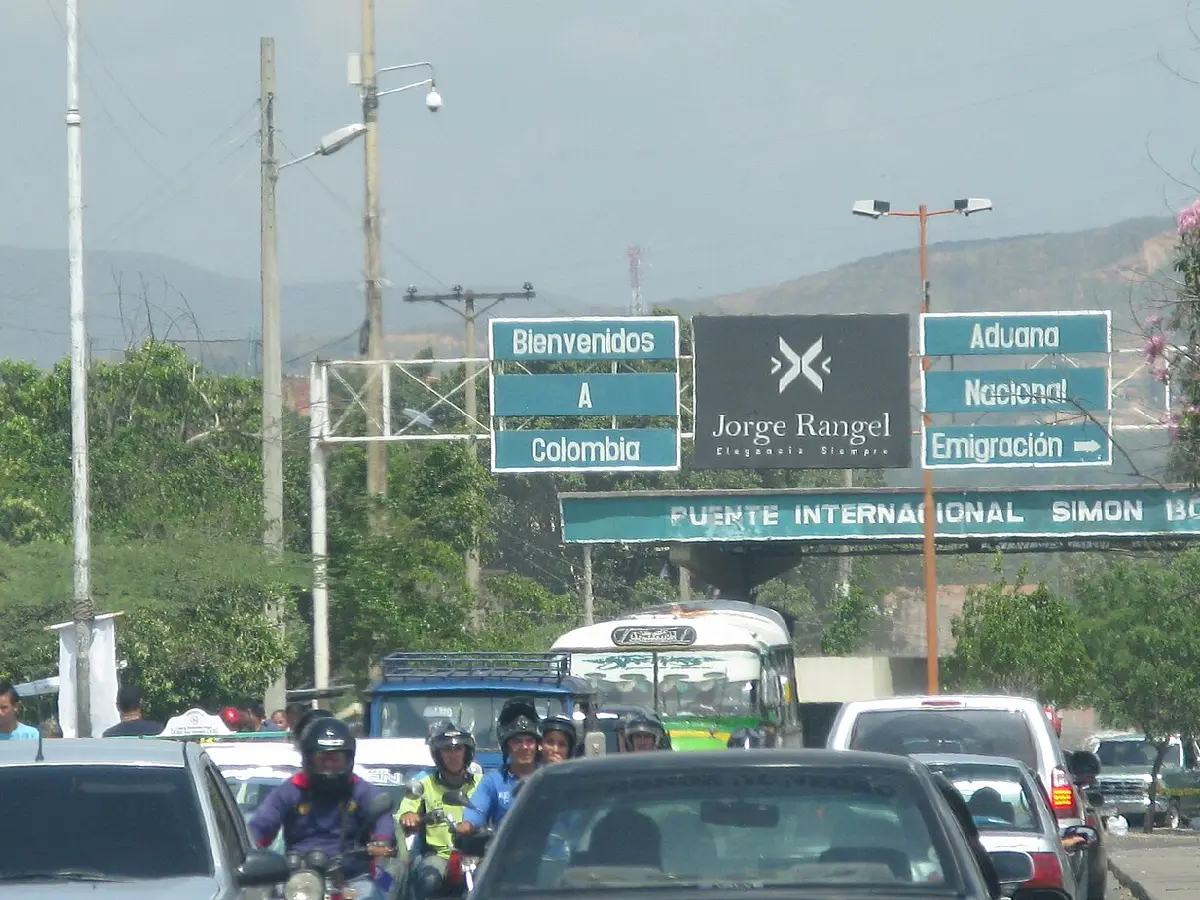Curious about the languages spoken in Colombia? Many travelers struggle to understand its mix of Spanish, indigenous languages, and creole languages.
As an explorer, you’re eager to communicate clearly and connect with locals, and you’re not alone.
We are here as your trusted guide, with expert knowledge about Colombia’s languages and culture.
In this article, you will learn:
- The main languages spoken in Colombia
- Regional dialects and variations
- Tips to help you communicate
Start reading now to unlock the secrets of Colombia’s rich linguistic heritage and feel confident on your journey.
Soon, you’ll speak with ease and experience Colombia like never before!



Main Languages Spoken in Colombia
1. Spanish

Spanish is the official language of Colombia. It is also the most commonly spoken language in the country. Most people in Colombia mainly speak Spanish in their daily lives. It is used in schools, the Colombian government, and the media.
There are many accents across regions. Colombian Spanish has a simple pronunciation. It is known for its soft tone and musical intonation.
Spanish speakers in Colombia speak slightly differently than in other Spanish-speaking countries. But they use traditional Spanish grammar.
2. Indigenous Languages

Many indigenous languages are still spoken in Colombia today. There are over 60. These come from several language families. Some well-known indigenous languages spoken in Colombia include:
- Wayuu
- Nasa Yuwe
- Embera
- Quechua
- Guambiano
These native languages are used in rural areas and by indigenous peoples. Some children learn their own language at home before they speak Spanish. Later, they may use both languages in daily life.
These Amerindian languages are part of Colombia’s history. They show the link between language and identity. Indigenous languages are also used within certain ethnic groups and carry important local knowledge.
The Colombian constitution gives these languages official status in the areas where they are still spoken. This helps protect the languages of Colombia and the rights of native communities.
The strong presence of indigenous languages makes the languages spoken in Colombia more complex and rich. They are a key part of life in areas such as the Pacific Coast and near the Cordillera Oriental.
In modern-day Colombia, people speak many different languages, but Spanish and indigenous languages are the most important. Together, they form the base of the languages spoken in Colombia today.
See Also Traditional Holidays in Colombia
Other Languages Spoken in Colombia
Besides Spanish and indigenous languages, Colombia is home to several other languages that show its cultural mix.
- San Andrés Creole is an important creole language spoken on the San Andrés, Providencia, and Santa Catalina islands. This creole is based on English and African languages.
- Many people on these islands also speak English and Spanish.
- In the Caribbean islands, creole languages are common and come from African and European roots.
- Some Colombians, especially in tourist areas, speak English to communicate with visitors.
- Small groups, like Romani speakers, use their own language at home to keep their culture alive.
These other languages add to the richness of the languages spoken in Colombia. They show how history, like Spanish colonization and migration, shaped the country’s language landscape.
Today, Colombia’s language mix helps protect cultural traditions and shows the diverse identity of its people. This mix makes Colombia unique among Spanish-speaking countries in Latin America.
See Also Dating in Colombia
Dialects and Regional Variations of Spanish

Colombian Spanish has many accents and ways of speaking. The languages spoken in Colombia change by region, but Spanish remains the official language and is used everywhere.
In Bogotá, the capital, people use a clear and formal style of Spanish. This type of Colombian Spanish is common in schools, TV, and the Colombian government. It has clear pronunciation and is easy to understand.
On the Pacific coast, people speak faster and use some words differently from other parts of Colombia. In the Caribbean islands like Santa Catalina, people often speak both Spanish and San Andrés Creole.
In the mountains, like the Cordillera Oriental, the Spanish language includes words from indigenous languages spoken there. These local influences make the languages of Colombia very rich and varied.
Compared to other Spanish-speaking countries, Colombian Spanish is simpler and has less slang. This makes it easier for learners and visitors.
Despite the differences, all Spanish speakers in Colombia understand each other. The many dialects show how geography, culture, and history affect the languages spoken in Colombia.
See Also Traditional Colombian Clothing
Language, Culture, and Identity in Colombia

The languages spoken in Colombia are a big part of its culture and identity. Most Colombians speak Spanish, which connects people across cities and towns.
Colombian Spanish is used in schools, news, and daily life. It reflects the country’s history, especially from the time of Spanish colonization.
In many areas, indigenous languages spoken in Colombia are still alive. These native languages are part of the traditions of indigenous peoples. Each group has its own language, passed down through families.
In the Caribbean islands, like Santa Catalina, people speak San Andrés Creole, Spanish, and sometimes Creole English. These creole languages are linked to African and English roots.
This mix of languages in Colombia shows the country’s deep cultural roots. Each region adds its voice. Language is more than words—it shows who people are.
Colombia’s constitution protects all native and indigenous communities in the country. Giving them official status helps protect culture and history.
In modern-day Colombia, both Spanish speakers and others help keep this rich mix alive. Language helps shape the life and spirit of the Colombian people.
See Also Colombian Wedding Traditions
Language Tips for Travelers to Colombia

If you plan to visit, here are some helpful tips about the languages spoken in Colombia:
- Most people in Colombia communicate in Spanish, so learning basic Spanish phrases can help a lot.
- Colombian Spanish is known for its clear pronunciation and is easy to understand for learners.
- People in different regions speak with different accents, but most use traditional Spanish.
- In tourist areas like San Andrés or Santa Catalina, some locals speak English, but not everyone.
- In the Caribbean region, many people also speak San Andrés Creole, a creole language based on English.
- Try to learn simple words for greetings, directions, and food in Spanish.
- Use translation apps or carry a phrasebook to understand the languages spoken in Colombia.
- Knowing about other languages spoken in Colombia, like indigenous languages, shows respect for local culture.
- Spanish in Colombia is different from some other regions that speak Spanish, but still easy to follow.
- Most signs and menus are in Spanish, so practice reading common words before your trip.
Learning a bit of the languages spoken in Colombia can make your visit easier and more fun!

Languages Spoken In Colombia: A Recap
The languages spoken in Colombia are mostly Spanish, but the country is home to many languages. Colombian Spanish is the official language and is used in most daily life. It has different accents depending on the region.
There are also more than 60 indigenous languages spoken by native groups. These native languages are an important part of culture and identity. In areas like Santa Catalina and the Caribbean area, people speak San Andres, Spanish, and sometimes English-based Creole.
Knowing the languages of Colombia helps travelers understand the country better. The mix of creole languages, Spanish language, and indigenous languages reflects Colombia’s long history.
Whether in cities, mountains, or coastal areas, the languages spoken in Colombia tells a story of people, place, and tradition. Learning even a little can help visitors connect more deeply.





